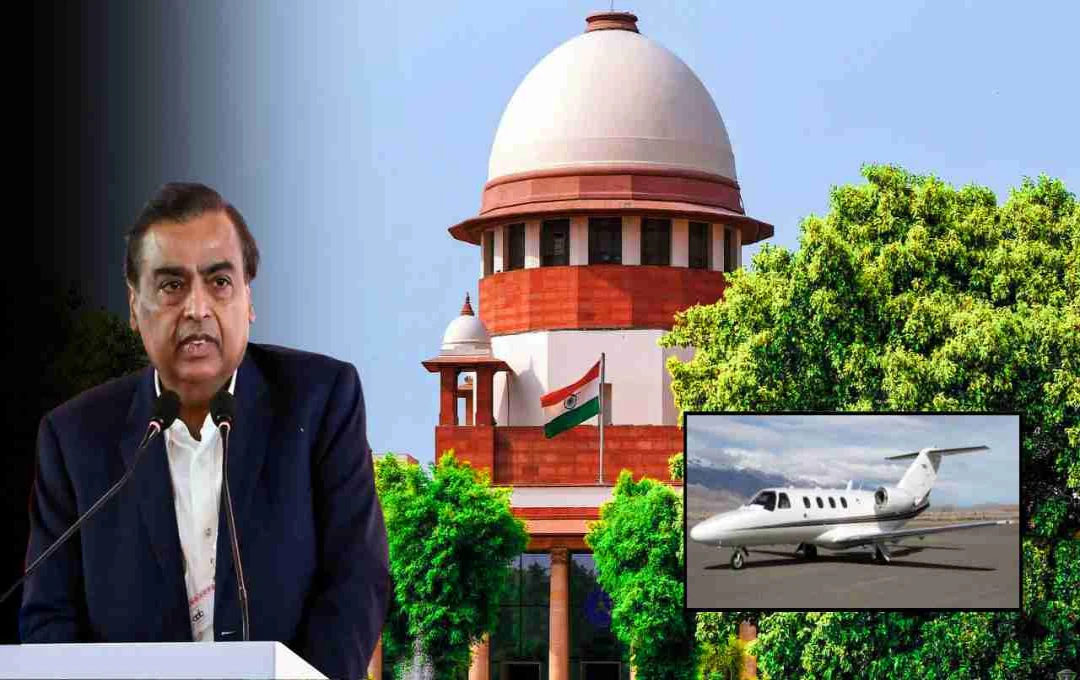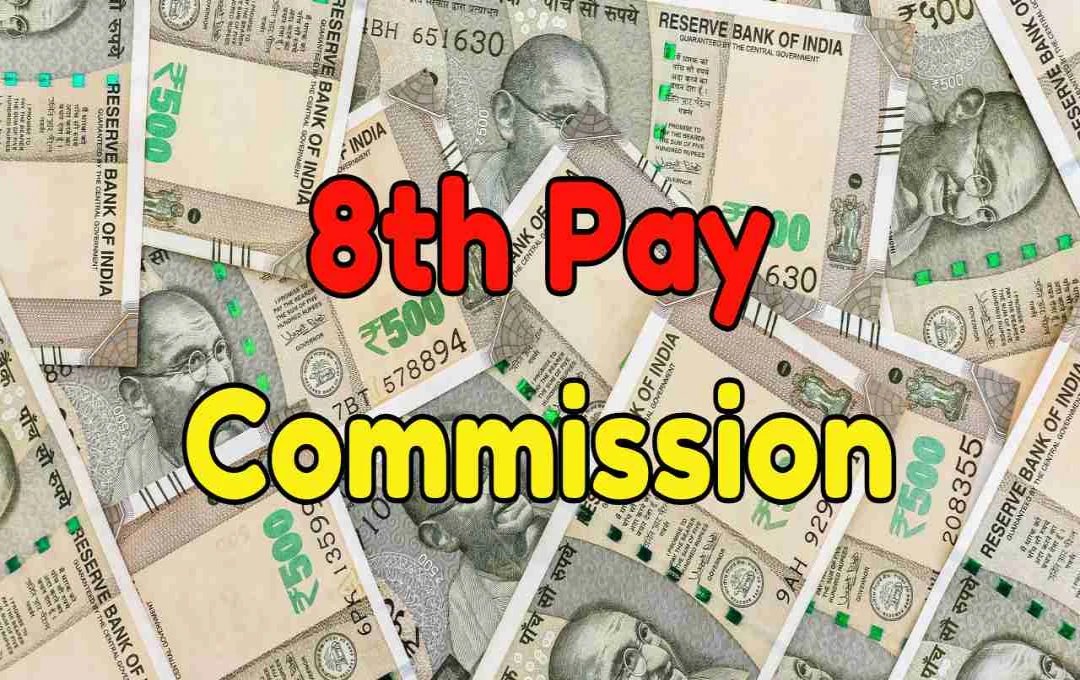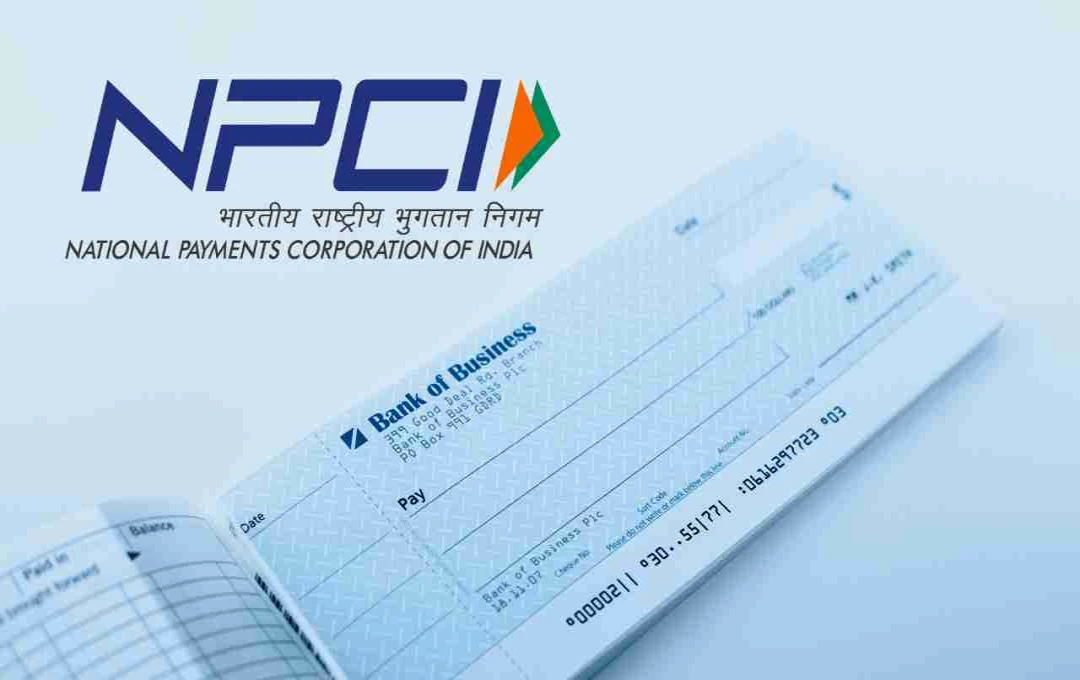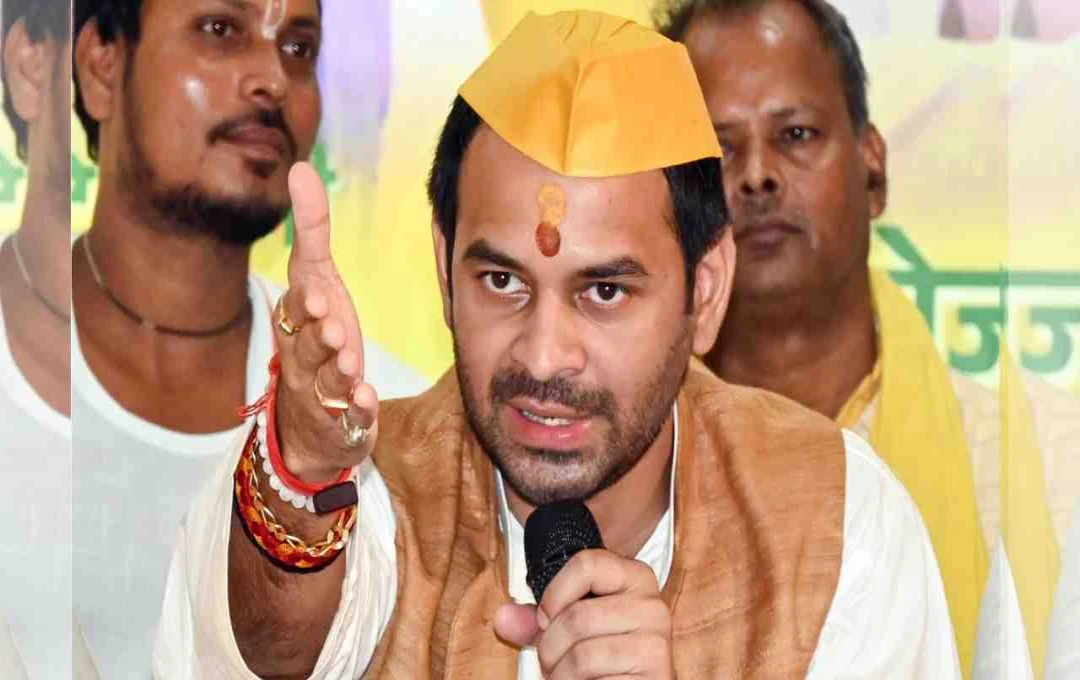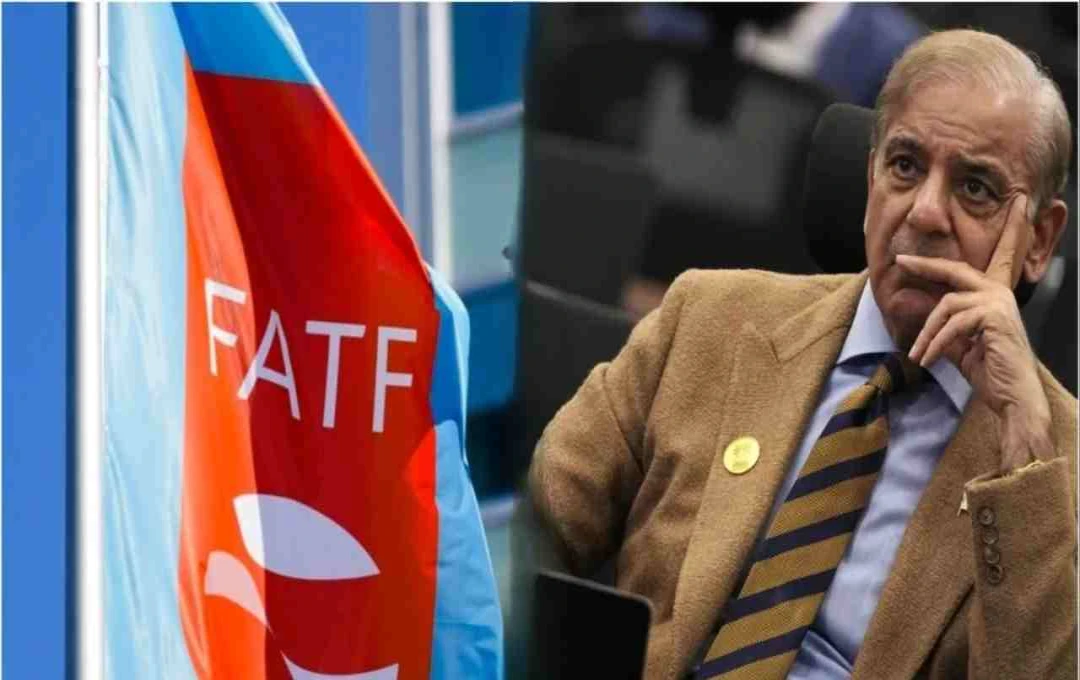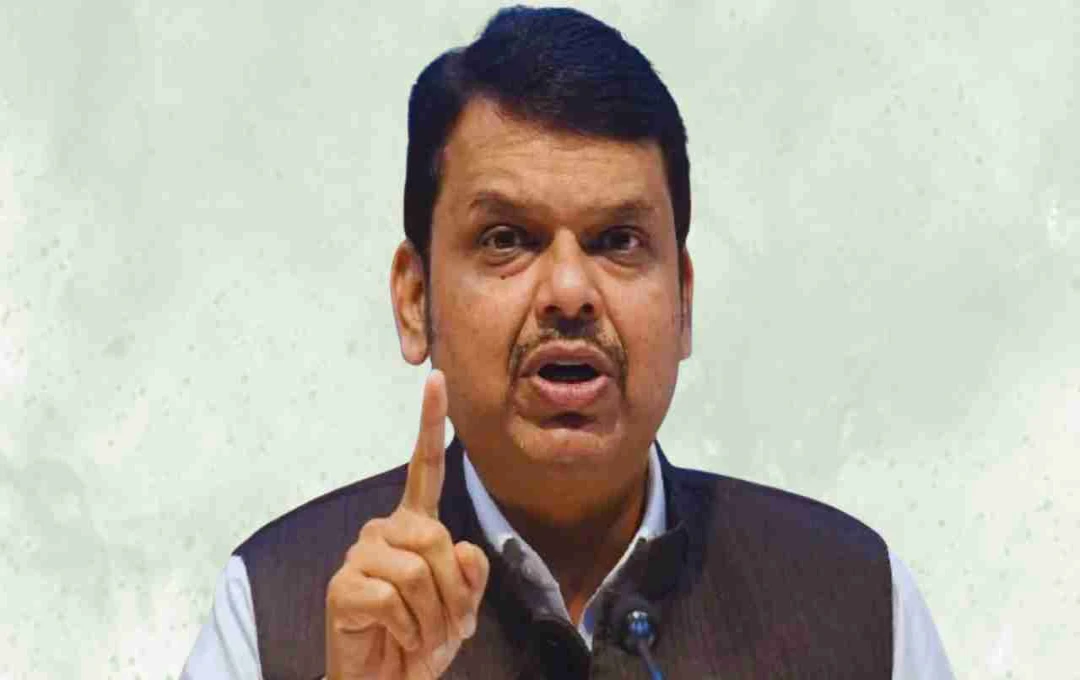The government has approached the Supreme Court against Reliance Industries, one of the country's largest corporate entities. The case pertains to Reliance Commercial Dealers Limited, a subsidiary of Reliance Industries. The central government is seeking the court's intervention in a long-standing tax dispute.
Dispute revolves around the applicable tax on charter flights
The core issue revolves around the tax rate applicable to charter flight services. The tax department believes that Reliance's subsidiary is essentially providing aircraft rental services, thus attracting an 18 percent GST. Conversely, Reliance argues that they are only providing passenger transportation services, which, like air travel, fall under a 5 percent GST rate.
Supreme Court agrees to hear the case
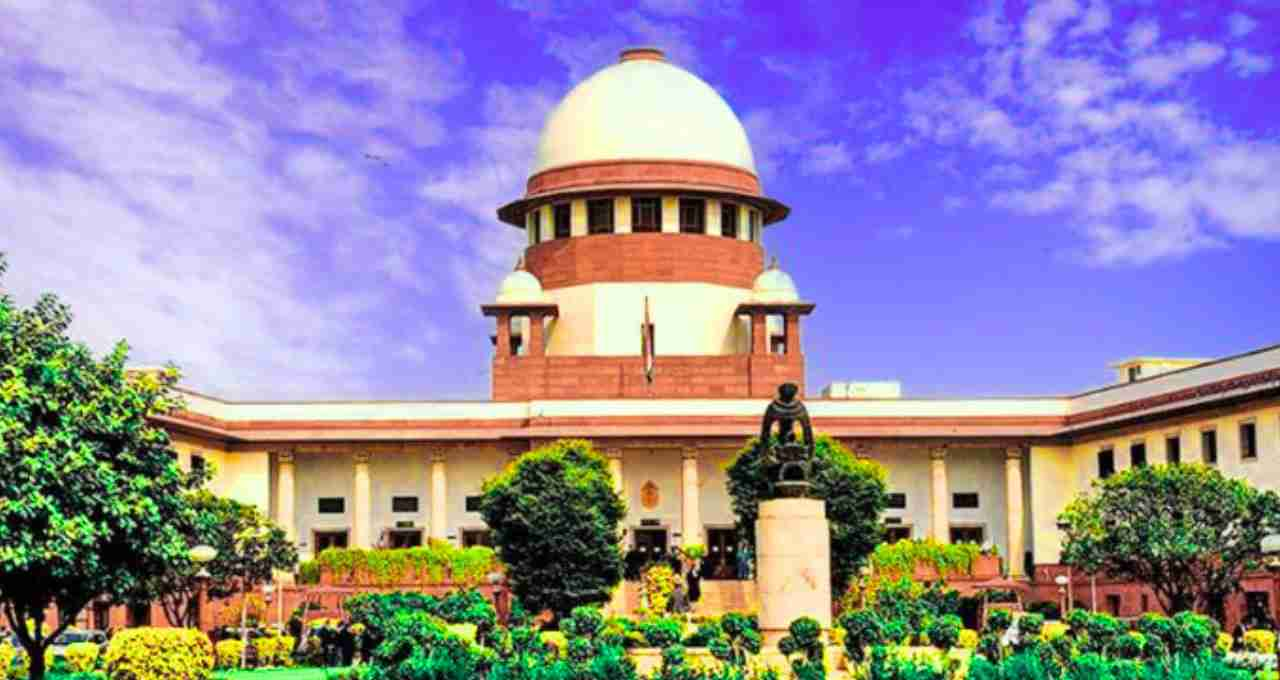
A two-member bench of the Supreme Court, comprising Justices Manoj Mishra and Ujjwal Bhuyan, has agreed to hear the dispute. The court has issued a notice to Reliance Commercial Dealers Limited, directing both parties to submit their arguments in writing within two weeks.
Legal interpretation becomes the central issue
Justice Mishra stated during the hearing that the matter is not merely a tax issue, but also a question of the correct interpretation of the law. He emphasized the need to clarify whether a service constitutes a simple aviation service or falls under the category of aircraft rental.
Potential impact if the government's position prevails
If the court rules in favor of the government, it will impact not only Reliance but also all companies that utilize such charter flight services. Companies may be required to pay back taxes, and the cost of these services could significantly increase in the future. This could make the use of private jets or charter flights considerably more expensive for executives and corporate clients.
Reference to DGCA regulations
The case also touches upon regulations of the DGCA, the Directorate General of Civil Aviation. According to the DGCA, non-scheduled air transport services, meaning services provided on demand rather than on a fixed schedule, can only be operated under a specific permit. These are referred to as Non-Scheduled Operator Permits (NSOPs). A 5 percent GST is currently applicable to such services, while aircraft rental attracts an 18 percent tax.
Government considers the service as aircraft rental
The tax department argues that the entire arrangement is akin to aircraft rental, as it is exclusively used by senior executives and employees of the Reliance group. They contend that it is essentially a private aircraft facility reserved for the company's own use. Therefore, it should not be considered a passenger service.
Recap of developments in the case
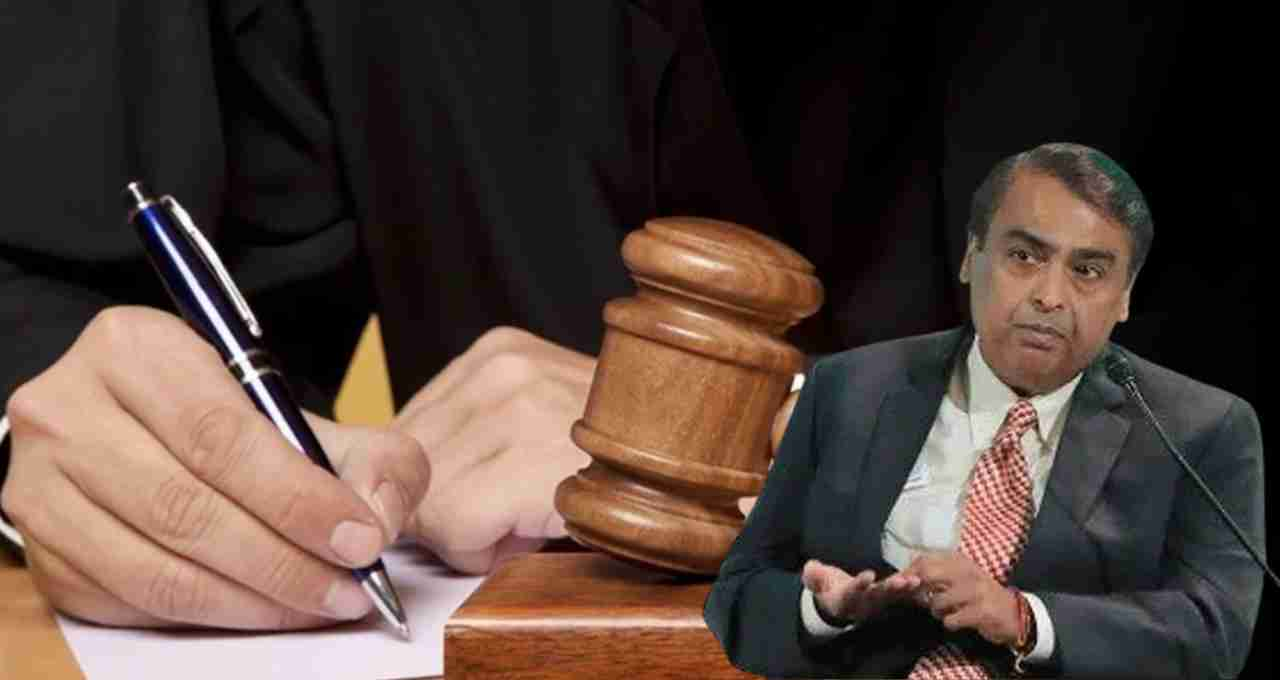
The case has previously been heard in tax tribunals and lower courts. However, the verdict was in favor of Reliance. The government has appealed to the Supreme Court against this decision, which the court has now accepted. The matter is set to become a subject of serious debate in the court in the coming weeks.
Impact on large corporations
If the court upholds the government's argument, large companies will be directly affected, especially those that use charter flights or private jets for their executives. The increased tax burden could make these services significantly more expensive.
Potential applicability of back taxes
If the government's arguments prove to be b, not only could future tax rates increase, but companies may also be required to pay taxes on past flights. This amount could run into crores. Thus, the case is not only legally significant but also economically crucial.
